Find out more about The Open University's Classical Studies courses and qualifications
The hero Achilles is the son of the mortal Peleus, and Thetis, an immortal sea nymph. He is the greatest Greek warrior in the story of the Trojan War; the plot of Homer’s Iliad is driven by Achilles’ anger. When Achilles was born his mother tried to make him immortal by dipping him in the River Styx, but the heel where she held him remained vulnerable.
Helen is said to be the most beautiful woman in the world, and is the wife of Menelaus, king of Sparta. The divine Aphrodite offers Helen to Paris, prince of Troy, as a prize for judging her the fairest of the goddesses; Paris’ abduction of Helen is the catalyst for the Trojan War.
The Greek hero Menelaus is a Spartan king and the husband of Helen, whom Paris carried off to Troy. It was this abduction that led to the Trojan War.
The Trojan prince Paris is the son of king Priam and queen Hecuba. At the wedding of Peleus and Thetis the goddess Eris (‘Strife’) rolled an apple marked ‘for the fairest’ down the aisle; the goddesses Hera, Athena and Aphrodite quarrelled over who should receive the title, and Zeus entrusted the decision to Paris. Each goddess offered him a prize – he chose Aphrodite, who had offered him Helen of Sparta, the most beautiful woman in the world, who was already married to Menelaus. It was Paris’s abduction of Helen that started the Trojan War.
The Greek warrior Agamemnon, king of Mycenae, is the brother of Menelaus and the leader of the Greek forces in the Trojan War. He raised a coalition of Greek forces to lay siege to Troy in order to secure the return of Menelaus’ wife Helen after her abduction by the Trojan Paris.
Briseis is a captive princess, taken and enslaved by the Greek forces in the course of the Trojan War and awarded to Achilles as a prize for his role in the fighting. When, at the wish of the god Apollo, Agamemnon has to return his own concubine Chryseis to her father, he steals Briseis from Achilles. It is this affront to his honour that leads to Achilles’ anger, the theme of the Iliad.
Thetis is Achilles’ mother, and an immortal sea nymph.
Zeus is the king of the Olympian gods and ‘father of gods and men’. His wife is the goddess Hera.
Hector is the greatest Trojan warrior, brother to Paris, and the eldest son of Priam and Hecuba. He is married to Andromache and they have a baby son, Astyanax. In the Iliad he kills Achilles’ companion Patroclus; Achilles takes revenge by slaying Hector.
Patroclus is the close friend and lifelong companion of Achilles. When Achilles absents himself from the fighting at Troy, Patroclus pretends to be Achilles by wearing his armour. He is killed by the Trojan Hector.
Hephaestus is the lame blacksmith and craftsman god who fashions new armour for Achilles in the Iliad.
Priam, king of Troy, is married to Hecuba and in the Iliad is an old man. He is said to be the father of fifty sons and many daughters; his sons include Hector and Paris.
Aphrodite is the goddess of love. In the Iliad Paris is one of her favourites. She is responsible for having engineered the abduction of Helen from Sparta to Troy by prince Paris; this is what caused the Trojan War.
The goddess Athena is the daughter of Zeus and Mētis (‘Wisdom’ personified); she is associated with strategic thinking, tactical warfare and handicrafts. In the Iliad she supports Achilles and the Greeks and the King of Ithica, Odysseus, who joined in the Greek expedition to Troy, leaving his wife Penelope and infant son Telemachus behind.
Troy, also known as Ilium (the Latinised form of the Greek Ilion), is the home of the Trojans, and an ancient city famous in mythical tales relating to the Trojan War. Its site has been identified as Hisarlik, in modern Turkey, where evidence of several cities built in succession has been unearthed since the first excavations conducted there by Heinrich Schliemann in the late nineteenth century CE.
The Greeks are referred to in the Iliad as either ‘Achaeans’, ‘Danaans’ or ‘Argives’, rather than by the term ‘Greeks’ in the collective sense. In the Iliad the Greek army is led by Agamemnon, king of Mycenae; each contingent has its own leader and originates from a different geographical region.
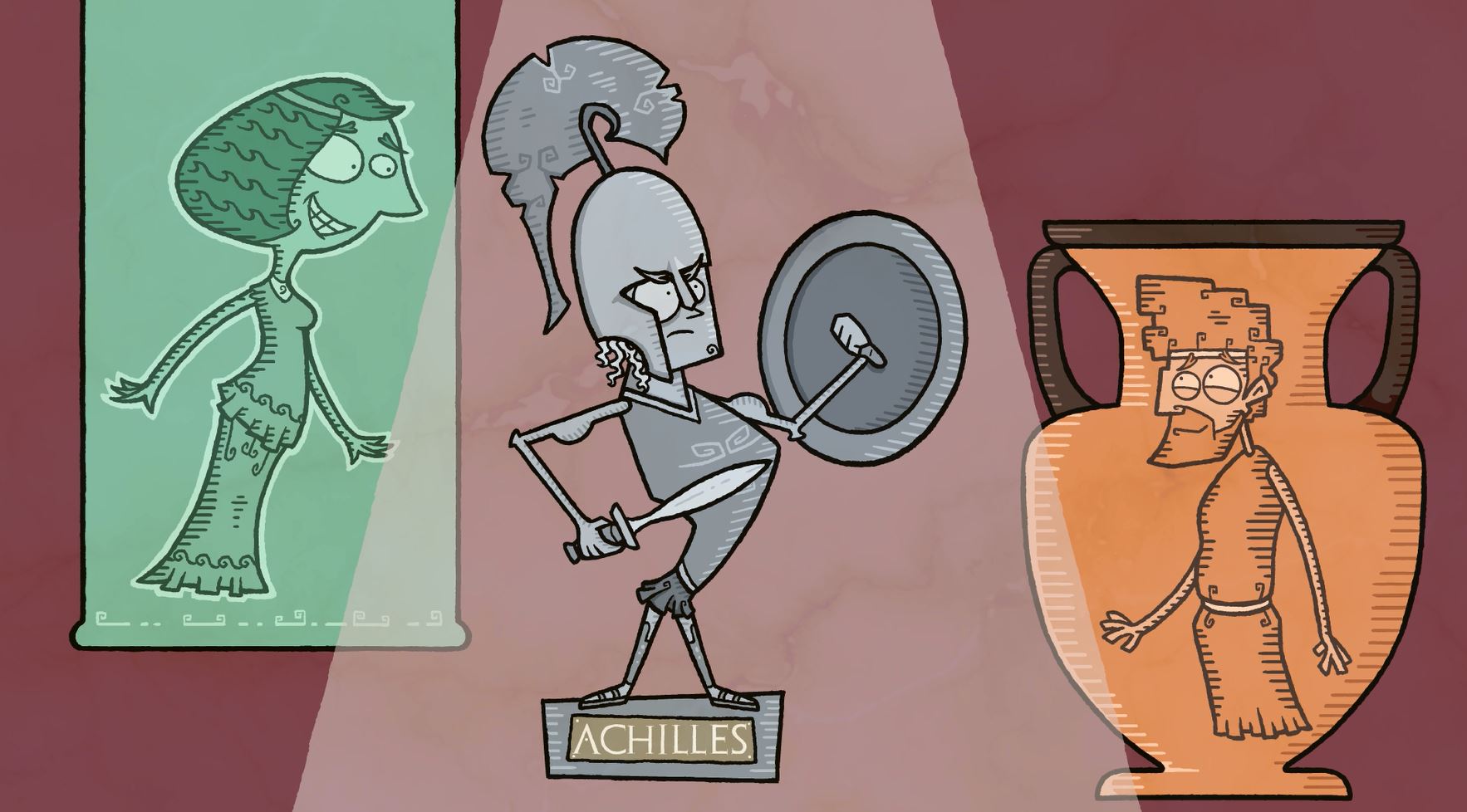
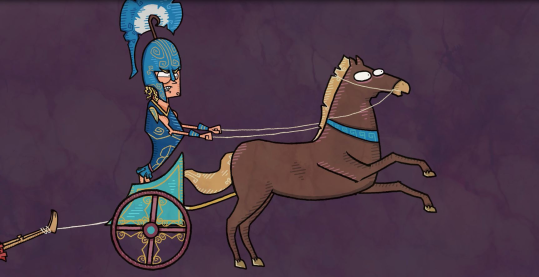
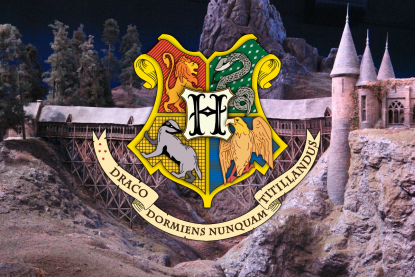
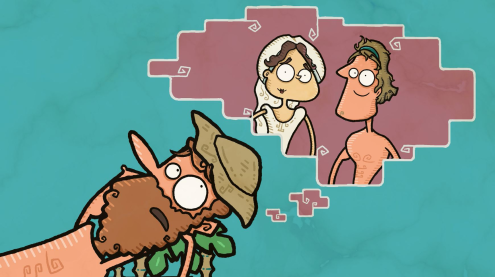
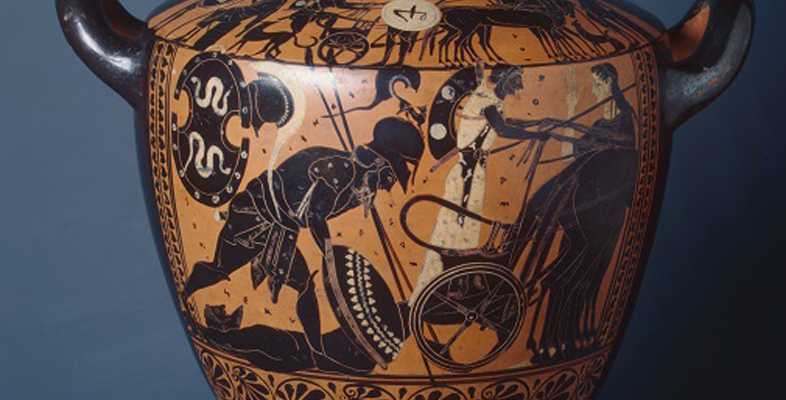
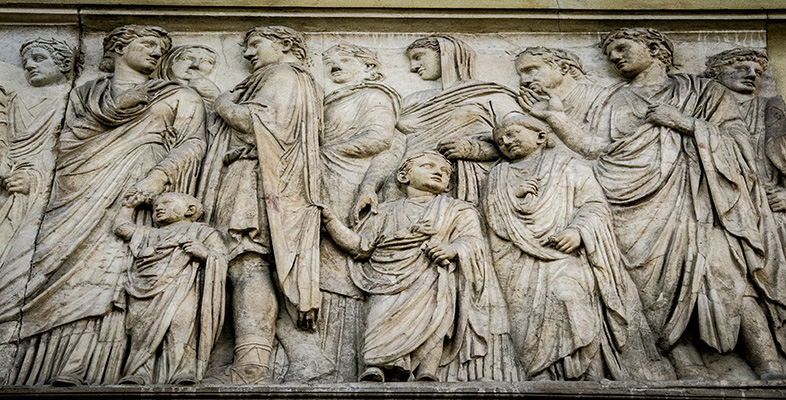

Rate and Review
Rate this article
Review this article
Log into OpenLearn to leave reviews and join in the conversation.
Article reviews
Thank you.